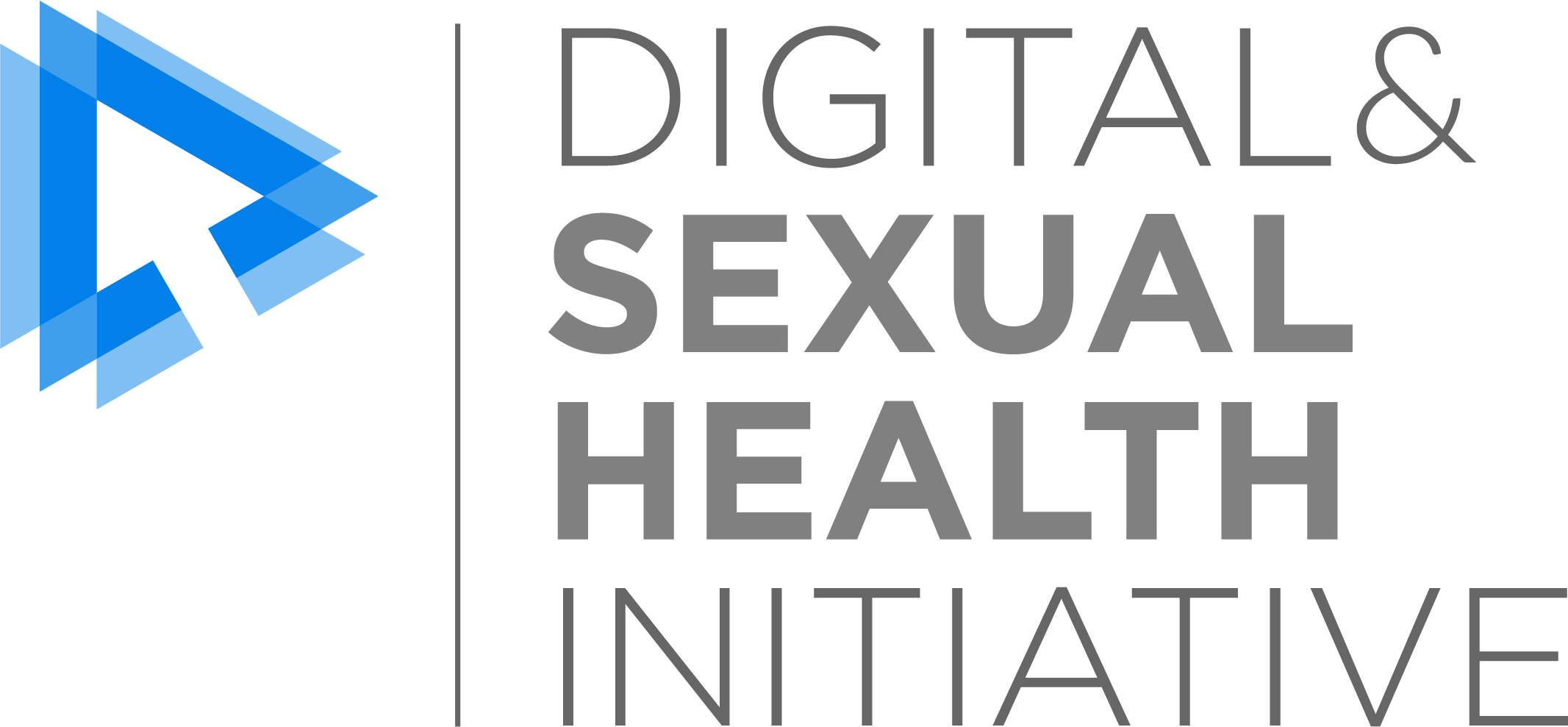Evaluating the impact of the COVID-19 related public health restrictions on access to digital sexually transmitted and blood borne infection testing in British Columbia, Canada: An interrupted time series analysis
Research theme(s)
Internet Based Testing
Ihoghosa Iyamu, Heather Pedersen, Aidan Ablona, Hsiu-Ju Chang, Cathy Worthington, Daniel Grace, Troy Grennan, Jason Wong, Amy Salmon, Mieke Koehoorn, Mark Gilbert.
Sexually Transmitted Diseases. DOI:10.1097/OLQ.0000000000001833.
Background
Evidence of long-term impacts of COVID-19 related public health restrictions on digital sexually transmitted and blood borne infection (STBBI) testing utilization is limited. We assessed these impacts on GetCheckedOnline (a digital testing resource for STBBIs) relative to all STBBI tests in British Columbia (BC).
Methods
Interrupted time series analyses were conducted using GetCheckedOnline program data comparing monthly test episodes (STBBI tests per requisition) among BC residents, stratified by BC region, testers’ sociodemographic and sexual risk profiles, for the pre-pandemic (March 2018-February 2020) and pandemic periods (March 2020-October 2021). Trends in GetCheckedOnline testing per 100 STBBI tests in BC regions with GetCheckedOnline were analysed. Each outcome was modelled using segmented generalized least squared regression.
Results
Overall, 17,215 and 22,646 test episodes were conducted in the pre-pandemic and pandemic periods. Monthly GetCheckedOnline test episodes reduced immediately after restrictions. By October 2021(end of pandemic period), monthly GetCheckedOnline testing increased 21.24 test episodes per million BC residents (95%CI: -11.88, 54.84) and GetCheckedOnline tests per 100 tests in corresponding BC regions increased 1.10 (95%CI: 0.02, 2.17) above baseline trends. After initial increases among users at higher STBBI risk (symptomatic testers/testers reporting sexual contacts with STBBIs), testing decreased below baseline trends later in the pandemic, while monthly GetCheckedOnline testing increased among people ≥40 years, men who have sex with men, racialized minorities, and first-time testers via GetCheckedOnline.
Conclusions
Sustained increases in utilization of digital STBBI testing during the pandemic suggest fundamental changes in STBBI testing in BC, highlighting the need for accessible and appropriate digital testing, especially for those most affected by STBBIs.
